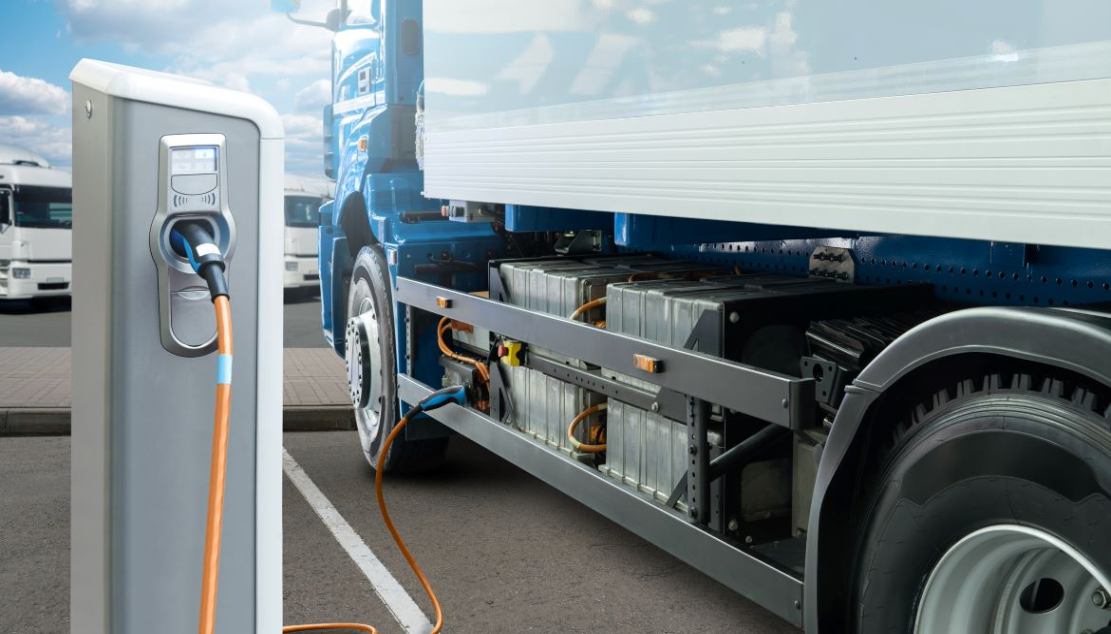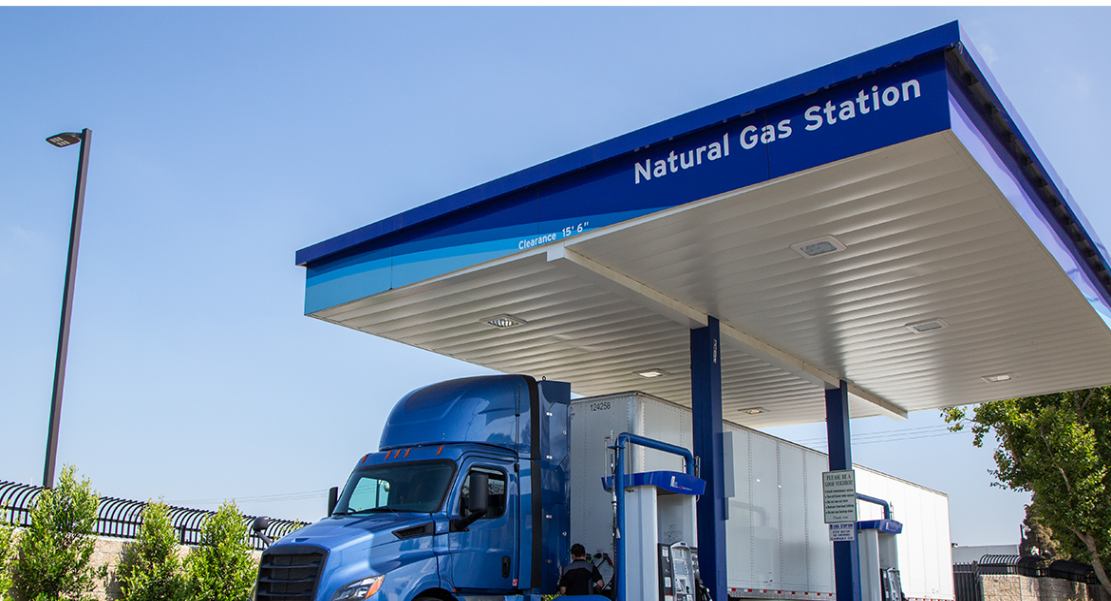Driving Sustainability in Trucking Businesses
Driving Sustainability in Trucking Businesses
Why Sustainability Matters in Trucking
The trucking industry is a cornerstone of global commerce. Trucks deliver goods to every corner of the world. This extensive network requires massive energy resources, often at the expense of the environment. Embracing sustainable practices is not just a trend. It’s a necessity for the industry’s future.
Implementing eco-friendly solutions can reduce costs and improve the reputation of trucking companies. Consumers and businesses alike are becoming more environmentally conscious. They prefer to engage with companies that share their values. Additionally, government regulations are increasingly pushing for lower emissions, making sustainability a compliance issue as well.
Sustainability also offers a competitive edge. Companies that prioritize green practices are often favored in the marketplace, not just by consumers, but also by potential partners and stakeholders. This holistic approach can lead to a more resilient and adaptable business model, capable of weathering future challenges.
Adopting Green Technologies
Green technologies are at the forefront of sustainable trucking solutions. Electric trucks, for example, are gaining traction. They offer a cleaner alternative to traditional diesel-powered vehicles.

Electric trucks have lower emissions. They also reduce noise pollution. This makes them ideal for urban deliveries. Additionally, advancements in battery technology are making electric trucks more viable for long-haul routes. Companies like Tesla and Nikola are leading the way with innovative electric trucks that promise extended ranges and faster charging times.
Beyond electric trucks, hybrid vehicles are also becoming popular. These trucks use a combination of traditional fuel and electric power, offering a middle ground for companies not yet ready to fully transition to electric.
Optimizing Routes and Loads
Route optimization is another crucial aspect. By using advanced software, trucking companies can plan the most efficient routes. This not only saves fuel but also reduces wear and tear on vehicles.
Load optimization is equally important. Ensuring trucks are fully loaded maximizes efficiency. It reduces the number of trips needed to transport goods. Both practices contribute to significant fuel savings and lower emissions. Modern logistics software can analyze multiple variables, including traffic patterns, weather conditions, and delivery windows, to create the most efficient routes possible.
Furthermore, the integration of telematics allows for real-time monitoring and adjustments, ensuring that any deviations from the plan are promptly corrected. The use of AI and machine learning in route and load optimization is revolutionizing the industry, making it smarter and more adaptive.
Alternative Fuels
Besides electric trucks, alternative fuels are making a mark. Compressed Natural Gas (CNG) and Biofuels are two promising options. CNG burns cleaner than diesel, producing fewer pollutants. Biofuels, made from renewable resources, offer a sustainable alternative to fossil fuels.

Using these fuels can significantly reduce the environmental impact of trucking. Moreover, they often come with economic benefits, such as tax incentives and lower fuel costs. The use of Hydrogen fuel cells is another exciting development. Hydrogen trucks produce only water vapor as a byproduct, making them a zero-emissions option.
Furthermore, the adoption of synthetic fuels, which are created using captured carbon and renewable energy, is on the horizon. These fuels can be used in existing diesel engines, providing a seamless transition for companies looking to reduce their carbon footprint without investing in new fleets.
Implementing Sustainable Practices
Sustainability goes beyond technology. It’s about adopting practices that ensure long-term viability. Here are some key strategies.
Driver Training
Proper driver training is essential. Educating drivers on eco-friendly driving habits can make a big difference. Techniques like smooth acceleration, maintaining steady speeds, and minimizing idling can all contribute to fuel efficiency. Additionally, training programs can include modules on vehicle maintenance and emergency procedures, ensuring that drivers are well-rounded in their approach to sustainability.
Companies can also implement incentive programs to reward drivers who consistently demonstrate eco-friendly driving habits. This not only promotes sustainability but also boosts morale and job satisfaction.
Regular Vehicle Maintenance
Regular maintenance ensures that trucks run efficiently. Well-maintained vehicles consume less fuel and emit fewer pollutants. This can be achieved through routine checks and timely repairs. Predictive maintenance, powered by IoT and data analytics, can further enhance efficiency. Sensors can monitor vehicle health in real-time, alerting operators to potential issues before they become serious problems.
Additionally, using high-quality, low-viscosity lubricants can reduce engine friction and improve fuel economy. Investing in quality parts and regular tire checks can also contribute to overall efficiency.
Investing in Aerodynamics
Aerodynamic improvements can also enhance fuel efficiency. Installing devices like side skirts and boat tails reduces air resistance. This helps trucks move more smoothly, using less fuel. Modern aerodynamic designs are often tested in wind tunnels to maximize their effectiveness. Adding aerodynamic mirrors and wheel covers can further reduce drag.
Moreover, advancements in lightweight materials are making it possible to build trucks that are both strong and less resistant to air flow. Carbon fiber and aluminum are being used more frequently in truck manufacturing, contributing to better fuel efficiency.
Reducing Empty Miles
Empty miles refer to the distance traveled without carrying any load. Reducing these miles is crucial. This can be done by improving logistics and coordinating with other companies. Sharing loads can ensure that trucks are always carrying cargo, minimizing waste. Digital freight matching platforms are becoming popular for this purpose. These platforms connect shippers with available trucks, ensuring that no truck travels empty.
Additionally, collaborating with other industries for backhauls can significantly reduce empty miles. For example, a truck delivering goods to a retail store can pick up recyclable materials on the return trip, making the journey more efficient.
Economic Benefits of Sustainability
Sustainability is not just good for the environment. It’s also economically beneficial. Implementing green practices can lead to substantial cost savings.
Fuel Savings
Fuel is one of the biggest expenses for trucking companies. By adopting fuel-efficient technologies and practices, companies can save a significant amount on fuel costs. The use of telematics and real-time data can help monitor fuel consumption and identify areas for improvement. Additionally, bulk purchasing agreements for alternative fuels can lead to further savings.
Furthermore, the rise of renewable energy sources, such as solar and wind, provides opportunities for companies to generate their own electricity, further reducing operational costs.
Government Incentives
Many governments offer incentives for adopting green practices. These can include tax breaks, grants, and subsidies. Taking advantage of these incentives can offset the cost of implementing sustainable solutions. For example, the U.S. government offers tax credits for companies that invest in electric vehicles and charging infrastructure.
Governments are also funding research and development initiatives aimed at creating more efficient and sustainable transportation technologies. Companies that participate in these programs can benefit from cutting-edge innovations and financial support.
Improved Brand Image
Consumers are increasingly concerned about the environment. Companies that demonstrate a commitment to sustainability can attract more customers. This can lead to increased sales and a stronger market position. A strong sustainability profile can also attract investors who are looking to support environmentally responsible businesses.
Additionally, being a leader in sustainability can open up new business opportunities. Partnerships with other green companies, participation in eco-friendly initiatives, and positive media coverage can all contribute to a more robust brand image.
Challenges and Solutions
While the benefits of sustainability are clear, the path is not always easy. There are challenges that trucking companies must overcome.
Initial Investment
One of the biggest hurdles is the initial investment. Green technologies and practices often require significant upfront costs. However, these investments can pay off in the long run through savings and incentives. Creating a detailed cost-benefit analysis can help companies make informed decisions about where to invest their resources.
Additionally, partnering with financial institutions that offer green loans can provide the necessary capital to make these investments. These loans often come with favorable terms and conditions, further easing the financial burden.
Limited Infrastructure
Another challenge is the lack of infrastructure. For example, electric charging stations and CNG refueling stations are not as widespread as traditional fuel stations. This can limit the adoption of alternative fuels. However, the situation is gradually improving. Governments and private companies are investing heavily in expanding the necessary infrastructure.
Companies can also consider installing their own charging or refueling stations. While this requires an initial investment, it can provide long-term benefits and reduce dependence on external infrastructure.
Technological Advancements
Technology is constantly evolving. Keeping up with the latest advancements can be challenging. Investing in research and development is crucial for staying ahead. Collaborating with tech companies and research institutions can provide valuable insights and access to cutting-edge technologies.
Moreover, adopting a flexible approach to technology allows companies to adapt quickly to new advancements. Regularly updating systems and software ensures that operations remain efficient and competitive.
The Road Ahead
The future of the trucking industry is green. By embracing sustainable solutions, trucking companies can ensure their long-term success. This involves adopting new technologies, optimizing practices, and overcoming challenges.
Sustainability is not just a buzzword. It’s a pathway to a better future for both the industry and the planet. By taking the necessary steps now, trucking companies can lead the way in creating a more sustainable world. The journey towards sustainability is ongoing, requiring continuous effort and innovation. However, the rewards – both environmental and economic – make it a worthwhile endeavor.
As more companies join the green revolution, the collective impact will be substantial, paving the way for a more sustainable and prosperous future for the trucking industry and beyond.










